 |
| August 10, 2021 |
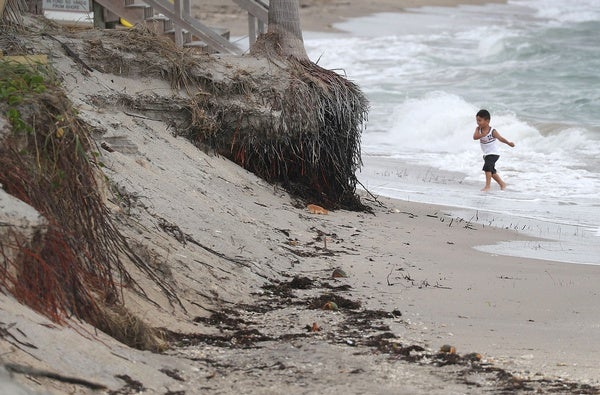 |
| |
| |
| |
| |
| |
| |
| |
| Climate Change Earth Is Warmer Than It's Been in 125,000 Years A landmark assessment from the Intergovernmental Panel for Climate Change says greenhouse gases are unequivocally driving extreme weather, but nations can still prevent the worst impacts | | By Jeff Tollefson,Nature magazine | | | |
| |
| |
| |
FROM THE STORE
 | | How to Do Anything Better When we think about the things we do every day—driving, working, parenting—we realize that even with tasks we are generally good at, there is always room for improvement. As always, science is on the case. This eBook contains a collection of columns written by health and psychology journalist Sunny Sea Gold, whose work has also appeared in O: The Oprah Magazine and Parents. These selections, published by Scientific American between 2009 – 2017, offer practical tips for acing life from nailing that job interview to giving the perfect gift. |  | | |
| |
FROM THE ARCHIVE
 | | | |
| |
LATEST ISSUES
 |
| |
| Questions? Comments?  | |
| Download the Scientific American App |
| |
| |




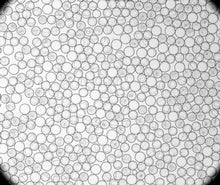

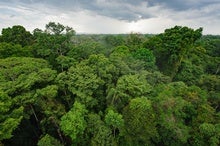

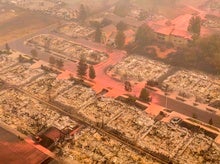
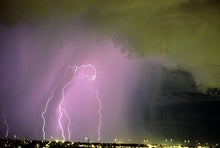

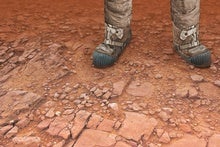













Comments
Post a Comment